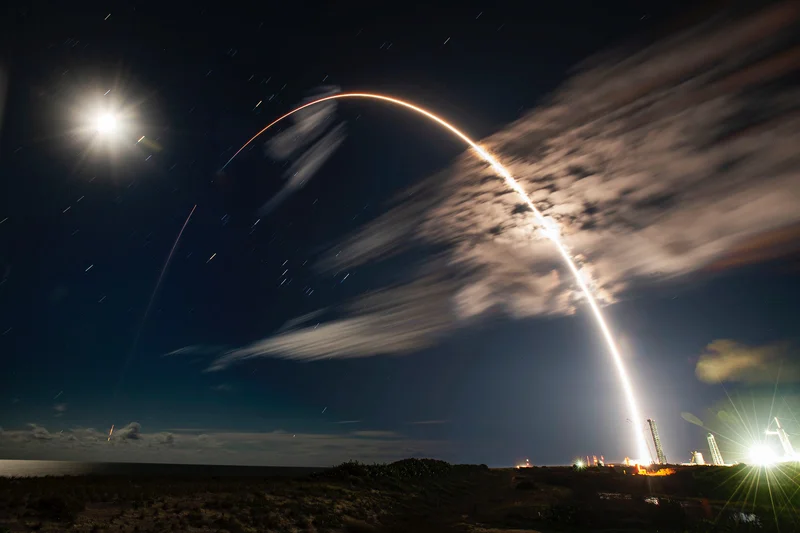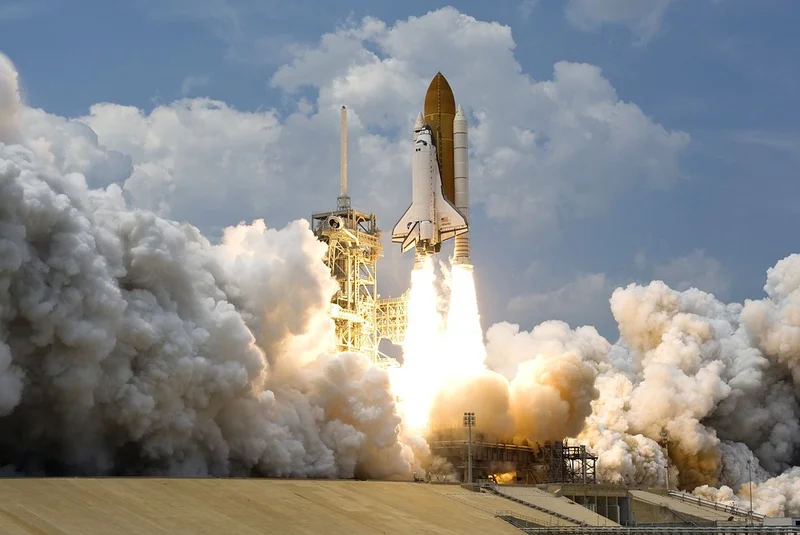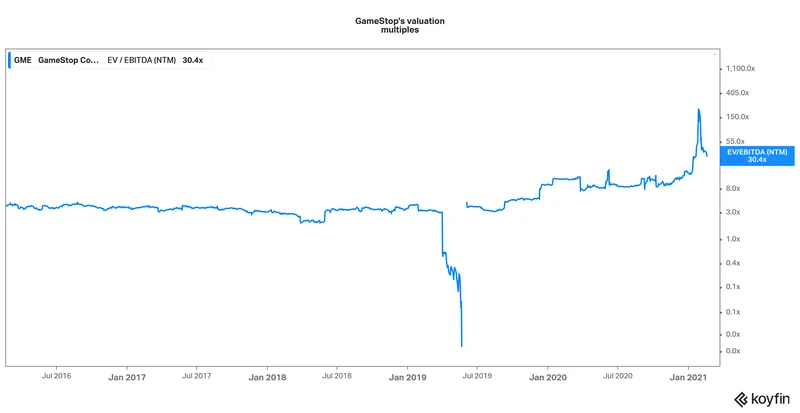SpaceX Launch: Today's Live Coverage & The Road Ahead
The Unstoppable March: Why SpaceX's Twin Launches Are More Than Just a Doubleheader
Tonight, as the Florida night sky prepares to ignite not once, but twice, we're not just witnessing another pair of rocket launches. No, what's unfolding on the Space Coast is something far more profound, a seismic shift in humanity's relationship with the cosmos, a declaration that the future isn't just coming—it's already here, arriving on the fiery plumes of Falcon 9s. And honestly, when I look at the sheer audacity of what SpaceX is doing, I just can't help but feel a rush of genuine excitement, a reminder of why I dedicated my life to understanding how technology reshapes our world.
The Cadence of a New Era
Think about it: two massive rockets, each carrying 29 Starlink satellites, blasting off within a mere three-and-a-half-hour window. First, Starlink 6-89 from NASA's iconic Launch Complex 39A at 10:08 p.m. EST, then Starlink 6-85 from Cape Canaveral Space Force Station at 1:21 a.m. Saturday. This isn't just a busy night; it's a symphony of precision, a ballet of logistics that would have been unimaginable a decade ago. We’re talking about the 97th and 98th orbital rocket launches from Florida this year alone. Let that sink in. This isn't just a "spacex launch today" or a "rocket launch" on the schedule; it's the rhythm of a burgeoning space economy, a heartbeat that’s getting stronger and faster with every passing week.
The weather? A stunning greater than 95% chance of favorable conditions, despite some recent solar activity that launch officers quickly assessed and downgraded to moderate risk. It’s almost as if the universe itself is clearing the path for this relentless march forward. And the boosters? We're seeing B1092, an eight-time veteran, and B1078, which is preparing for its staggering 24th flight. Twenty-four flights! If you’d told someone even five years ago that a single rocket booster would fly two dozen times, they’d have laughed you out of the room. This isn't just about launching; it's about reusing, about turning what was once an expendable, incredibly expensive endeavor into something approaching routine, something that feels more like an airline schedule than a moon shot. The drone ships, ‘A Shortfall of Gravitas’ and ‘Just Read the Instructions,’ wait patiently in the Atlantic, ready to catch these returning giants, proving that what goes up can indeed come down, safely and repeatedly, to fly again and again, which is, in simpler terms, an absolute game-changer for cost and efficiency.

The Global Tapestry of Connectivity
What does this relentless "spacex launch florida" schedule, this almost casual doubleheader, truly mean for us? It means weaving a global tapestry of internet connectivity, reaching corners of the world that were once utterly isolated. Imagine a remote village in the Amazon, or a research station in Antarctica, suddenly having access to high-speed internet, connecting them to knowledge, healthcare, and opportunities previously beyond their wildest dreams. This isn't just about faster Netflix; it's about leveling the playing field, about democratizing information and empowering billions.
Some might shrug and say, "Oh, it's just more Starlink." But that's like saying the invention of the printing press was "just more paper." This constant deployment, this exponential growth in satellite numbers, is fundamentally altering the infrastructure of our planet. It’s a historical analogy that’s hard to ignore: just as railroads connected continents and the internet connected computers, Starlink is connecting humanity on a scale never before seen, bypassing terrestrial limitations with elegant orbital solutions. Of course, with such power comes responsibility. We have to be mindful of space debris, of ensuring the orbital highways remain clear for everyone, and of maintaining a thoughtful approach to this new frontier. But the potential for good, for progress, is just immense.
I've seen comments on forums like Reddit, people buzzing about how "this is what a truly connected world looks like" and "can't wait for my internet bill to drop even further thanks to competition." It's that collective anticipation, that shared vision of a more connected future, that truly excites me. When we see a "spacex launch cape canaveral," we're not just watching a rocket; we're watching the threads of a global network being spun, one satellite at a time. And with B1078 flying for the 24th time after missions like Crew-6 and USSF-124, it’s a clear signal that this isn’t just about Starlink, but about building robust, reliable infrastructure for everything from human spaceflight to national security.
The Future Isn't Waiting, It's Accelerating
We're beyond the point of asking if space will be democratized; we're now watching it happen in real-time. This doubleheader tonight is a powerful testament to that reality. It's a vivid, roaring reminder that innovation, when pursued with vision and tenacity, can utterly transform our world. We are living through the genesis of a new era, one where access to space is no longer a luxury for the few, but a utility for the many. And that, my friends, is a future worth getting excited about.
Related Articles
Planet's Space Platform for Google's Moonshot: What's the Catch?
Google's Space-Based AI Dream: Ambitious or Just Plain Insane? Alright, let's get this straight. Goo...
Bucharest: $141 Getaway? What's the Catch?
Generated Title: Is 'Travel Hacking' Even Worth the Trouble Anymore? A Cynic's Take Bucharest on a B...
China's Deflationary Shockwave: The Hidden Opportunity for a Tech Revolution
Generated Title: The Coming Age of Clarity: Why Our Digital Chaos Is About to End Have you ever felt...
The Aster Name is a Mess: A breakdown of the flower, the crypto, and the weird-ass movies
Forget Crypto, My New Investment is a Six-Inch Weed Called 'Snow Flurry' So, I’m scrolling through m...
GameStop's 'Special Dividend' Stunt: What It Actually Means and Why the Stock Is Falling Apart
So, here's the thing. I can't write the article you came here to read. I was supposed to. I had a to...
Robot: What's the deal with the Captcha Page?
Okay, so The Sun – yeah, that tabloid – thinks I'm a bot. Or you're a bot. Or anyone trying to, you...





